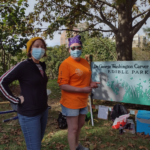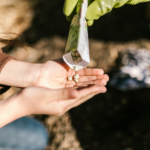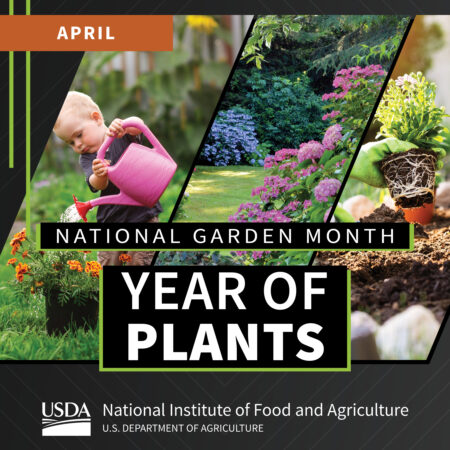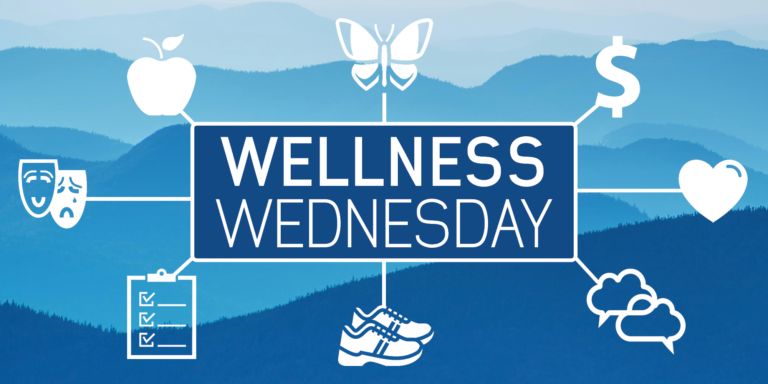As warm days become more plentiful, gardeners throughout the city grow increasingly impatient to sink their trowels into the soil. U.S. Department of Agriculture has proclaimed April as National Garden Month to celebrate the contributions of home, school, and community gardens in providing healthy food for the table, pleasant surroundings and recreational benefits for neighborhoods, and habitats for wildlife across communities.
When You Garden, You Grow
The benefits of gardening are numerous, but researchers are still unraveling some of the mysteries of why. Gardening is good exercise that promotes heart health and assists with weight control. It reduces the risk of stroke by lowering blood pressure and has been shown to delay the onset of dementia. In addition, growing a garden can teach responsibility, increase self-esteem, and lead to personal satisfaction from successfully accomplishing a task. If schedules and distractions make it difficult to connect with family, friends, and neighbors, gardening affords the opportunity for people of all ages to strengthen relationships and form deeper bonds.
Gardening is also a great way to save on your food budget and stick to a healthy eating pattern. In a decade-long study, Burpee Seed Company demonstrated a 25:1 return on investment of money spent on gardening supplies. That means for every dollar spent on items such as seeds and fertilizer, gardeners harvested $25 worth of produce. People who grow their own vegetables also tend to eat more of them and promote balanced nutrition.
Good for the environment? Plants filter the air and help curb soil erosion as they lower our carbon footprint. They remove carbon dioxide from the air through photosynthesis. Additionally, food grown locally in gardens does not have to be shipped great distances, reducing the amount of carbon dioxide produced by trucks. The ecosystems formed within a garden help to add to the diversity of plant and animal life. Among this diversity are an increased number of pollinators such as bats, bees, birds, butterflies, beetles, and other animals that play a role in keeping fruits, nuts, and vegetables in our diets.
Get Involved
 In 2020, Asheville Parks & Recreation received a grant from the National Recreation and Park Association to develop community nutrition hubs at community centers. This builds on existing work to establish community gardens, seed libraries, edible plants and trees in parks, and partnerships that strengthen healthy decision making and improve overall healthy opportunities.
In 2020, Asheville Parks & Recreation received a grant from the National Recreation and Park Association to develop community nutrition hubs at community centers. This builds on existing work to establish community gardens, seed libraries, edible plants and trees in parks, and partnerships that strengthen healthy decision making and improve overall healthy opportunities.
Volunteer at a community garden. Burton Street, Stephens-Lee, and Tempie Avery Montford community centers are just three locations with regular community workdays. Food produced is split between volunteers with excess donated to local food pantries.
 If you’d rather grow your own leafy greens, legumes, fruits, vegetables, herbs, and flowers, stop by Burton Street or Stephens-Lee community centers for free seeds from their seed libraries that can be taken home and planted.
If you’d rather grow your own leafy greens, legumes, fruits, vegetables, herbs, and flowers, stop by Burton Street or Stephens-Lee community centers for free seeds from their seed libraries that can be taken home and planted.
Urban foraging is the practice of collecting wild foods like muscadines, paw paws, persimmons, and more growing around the city in public spaces. Explore the City of Asheville’s guide to edible projects, plantings, and gardens.
Register for Asheville GreenWorks’ Spring Tree Giveaway on April 24. Sweetgum, sycamore, possumhaw viburnum, river birch, oak, magnolia, pine, and poplar trees are available to Buncombe County households.
If you are experiencing hunger or food insecurity, visit the City of Asheville’s food resource map or explore NC 211’s database.
If you have a passion for health, wellness, and the outdoors, turn it into a career. Check out current employment opportunities with Asheville Parks & Recreation.

